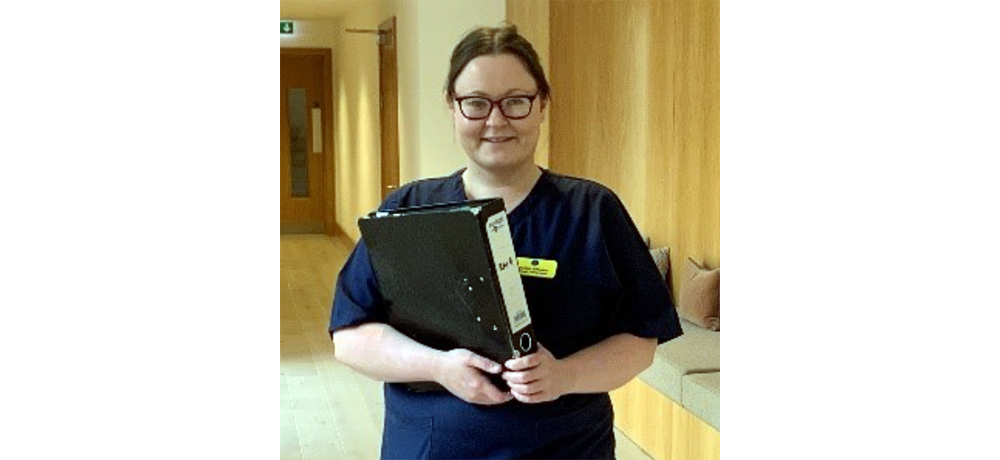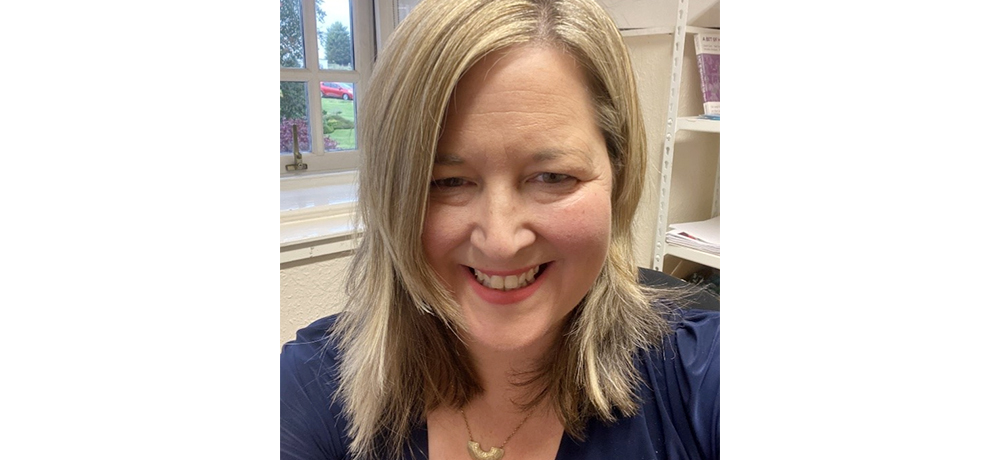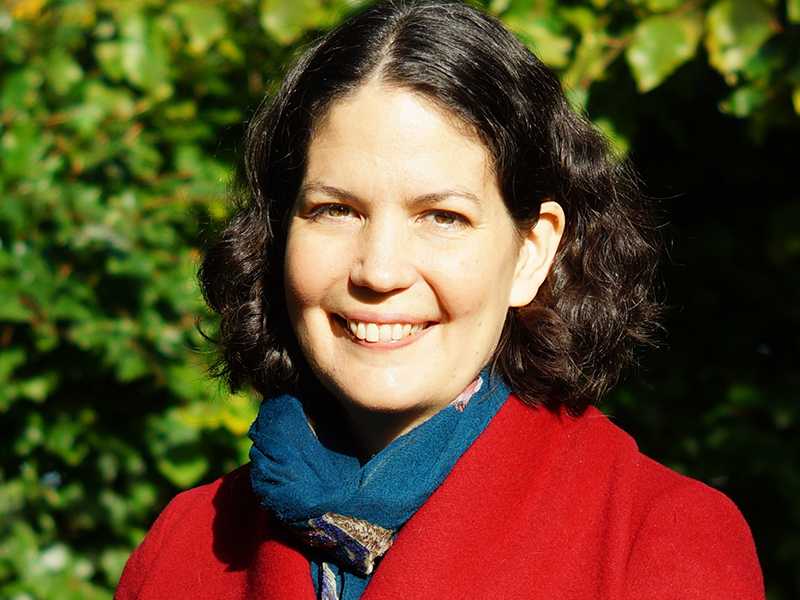Hospice Care Week (9-15 October) is a chance to celebrate hospice care nationwide, and the incredible work that is being done to make sure everyone can benefit from the very best end of life care.
Run by Hospice UK, it’s a chance to spotlight the people who work and volunteer at hospices, show off the amazing work they do to support people at the end of life, and celebrate everyone that makes hospice care what it is.
Hospices support more than 300,000 people every year. But the need for hospice care is growing. There aren’t enough people to fill the roles we need to look after dying patients and their families. Without people to fill these empty roles, hospices will struggle to keep providing the gold-standard end-of-life care everyone deserves.
Hospice staff often find it to be the most rewarding and satisfying job of their career, and volunteers play a vital part in making hospices warm, welcoming places that support patients and their families through the toughest of times.
Here, people who work in hospices across Scotland tell us what it’s like.
Alison is a Deputy Charge Nurse at The Prince & Princess of Wales Hospice in Glasgow. “Ten years ago, I was a newly qualified staff nurse I was working at King’s College Hospital in south London treating individuals with acute and or chronic renal conditions. This involved working closely with the specialist palliative care team, treating those who wished for conservative management of their illness and providing end of life care. This was where my passion for individualised care developed, I worked with people from all different cultures and backgrounds, and it was important to ensure I listened to what matters most to those patients and their loved ones.”

“In 2019 I joined the highly respected team at The Prince & Princess of Wales Hospice. From the moment I arrived for a tour of the building I felt a sense of warmth about the place and felt welcomed immediately. I love coming to work each day into a building that has a calm and relaxed environment and believe it plays a vital role in alleviating some of the anxieties patients and their loved ones may have.”
People are drawn to work in hospice care for a variety of different reasons, For, Lisa, Wellbeing Service Lead at St Columba’s Hospice Care in Edinburgh, she was inspired to work in complementary therapy after seeing the benefits it brought her Mum.
“I’m extremely passionate about supporting people and empowering them to support their own wellbeing. I was initially drawn to working in palliative care from my lived experience of seeing how wellbeing can deliver real benefits and contribute to someone living well. I was so inspired that I left a successful career in corporate coaching to start a new career in Complementary Therapy. Observing how my mum benefitted from complementary therapy to manage her own symptoms inspired me to learn how to support others to do the same thing.”

And there’s plenty more to hospice care than clinical roles. Ailsa Herd, Communications Manager at Strathcarron Hospice came to work at a hospice after years of communications and PR experience. “The best thing about my role is the people. From our dedicated, highly specialist teams across the Hospice and out in our local communities, to the patients and the families they support. My job is to tell their stories. For me, my communications role with Strathcarron has challenged me from an emotional and professional perspective. I have learned so much more about myself and been on an uphill learning trajectory in the two years I’ve been here. My ideas, scope of development and opportunity keeps growing.”

Often people might assume that working in a hospice is a sad job, but hospice staff and volunteers know that’s not the case.
Alison says “A myth I would like to bust about hospices is that it is a sad place. The hospice has a friendly buzz about it. Every member of staff works tirelessly to keep the patient at the heart of everything we do. Our approach is to ensure the patient feels safe, valued and that their experience in the hospice is as comfortable and relaxed as possible.
Hospice care encompasses more than people might expect, and so much of hospice care happens outside of the building in the community, says Lisa. “It is not just about dying; it is about living. There is so much support available to people from their initial diagnosis right through until end of life. The care does not stop when a loved one dies, bereavement support is also available to families and friends through our hospice services.”
“Hospice care is not about dying” says Ailsa, “it is about living your life. Our hope is to increase access and reach people earlier in their illness. Breakdown the fear that the word hospice brings up with people.”
Hospice UK is the national charity for hospice and end of life care, working to ensure everyone affected by death, dying and bereavement gets the care and support they need, when they need it.
Toby Porter, CEO of Hospice UK says: “From clinical staff to bereavement counsellors, kitchen staff to volunteer gardeners, the staff and volunteers who support over 300,000 people every year are what makes hospice care so special. This Hospice Care Week, we want to celebrate them.
Hospices are exciting, rewarding places to work, and with the need for hospice care growing, we need more people to take up the opportunity to work in this incredible profession. If you're interested, reach out to your local hospice.”
Helen Malo is policy manager for Scotland at Hospice UK.







